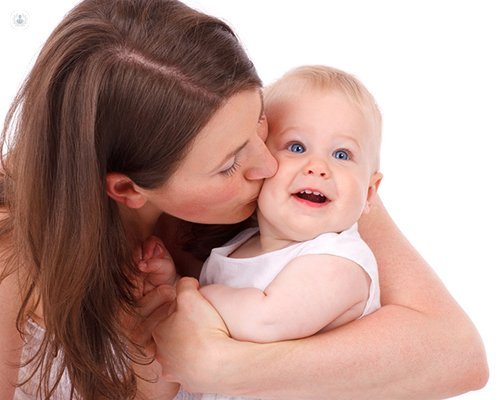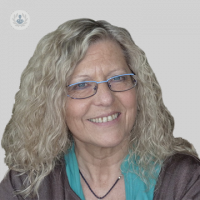parenting skills necessary to contribute to a healthy development of the child
Written by:In the experience of being mothers or parents, and moments of dreams and fantasies of what the future will be like child and how mothers and fathers, there is the moment of encounter with the real baby.
Motherhood and fatherhood are not only subjective experiences are also social experiences. In this sense, the development of mental health of the newborn will depend on the quality of interactions with their most important caregivers: father, mother, grandparents, caregivers, etc.
The quality of these interactions depends on different factors:
- Wish child
- Support net
- Work and family reconciliation
- parenting skills
- Etc.
Also, parenting skills constitute a system of care, ie, the ability to care for , protect and educate children, promoting healthy development and a secure attachment.

Parenting skills in baby care
When a baby is upset, you activate behaviors that express their discomfort or pain. If there were an adult tune with that discomfort and come to their aid whenever the baby is deregulated, the expectation that there will be generated an adult available when you need it. This bond of security and confidence take the child to look at that figure, which gives you peace of mind in times of stress.
There are many possible styles of attachment, which depend on the style that give parents the subtlety of their parenting skills and personal characteristics.
Attachment is the child and the system of parental care
Parenting skills are associated with social parenthood, since they can develop significant persons other than parents. Thus, any adult or institution is a system of care, where adults can support a child in need.
These are the most important skills to carry out an adequate system of care:
- Ability to be aware of the indicators and signs in the child (moments of anxiety, restlessness, fear, emotional states, pain, feelings or sensations that bring discomfort) and provide a bond of trust and security in these times of stress, with responses suited to their needs. The child will learn that when you feel bad always be an adult to come to its aid.
- The empathy. Is the ability to understand the emotional states of the child and tune them in this way can provide an adequate response to their regulation.
- Mentalizing capacity, which allows us to infer mental states in self and others. Parents who have this capability promote the exchange all the advantages of a development of emotional intelligence in the child.
- Emotional regulation capacity. The fact of having learned to calm oneself helps us to convey ways to calm the children themselves. First that calm for the child is given from outside, but then being incorporated as an internal model of self-regulation.
In emotional intimacy achieved in early interaction is essentially nonverbal communication, tone of voice, facial expression and posture, which is given with a quality of tone, rhythm and intensity. This nonverbal communication has a great influence on the regulation unconscious between the baby and the significant adult, both mind and body.
One of my professional work with parents is to help stimulate the development or acquisition of appropriate for healthy child development parenting skills.
While these capabilities and links can be improved throughout life, entrenching in the early stage offers better breeding conditions.



